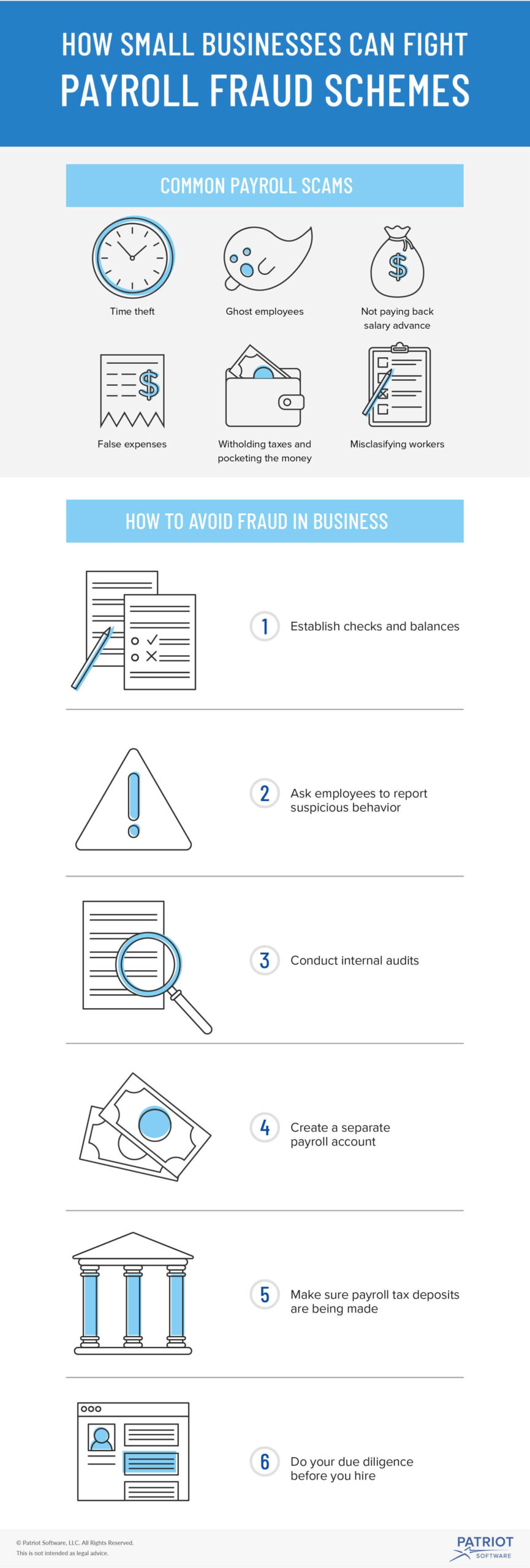When you think of nonprofits with tax-exempt status, your mind might go straight to charitable or religious organizations. However, these types of groups aren’t your only options for becoming a tax-exempt nonprofit. If you own a social welfare organization, you can apply for 501(c)(4) status with the IRS.
What is 501(c)(4) status?
501(c)(4) status refers to social welfare organizations that are exempt from federal income taxes. 501(c)(4) organizations may also gain exemption from sales, property, and state and local income taxes. You can apply for 501(c)(4) status with the IRS if your organization is a nonprofit that exists to promote social welfare.
Having 501(c)(4) status makes your organization exempt from federal income taxes, but it does not necessarily mean you are exempt from filing annual nonprofit tax returns. And if you have employees, you must withhold income and payroll taxes from their wages the same way for-profit businesses do.
Unlike other tax-exempt nonprofits, 501(c)(4) organizations can get involved in politics. You can seek legislation if it is necessary to your organization’s purpose. And, you can engage in political activities, like lobbying, as long as it is not your primary activity.
Is a donation to a 501(c)(4) tax-deductible? Generally, when donors give to your 501(c)(4), they cannot deduct their donation for tax purposes. However, there are some exceptions. You might be required to tell donors whether or not their contributions are tax-deductible.
501(c)(4) vs. 501(c)(3) status
501(c)(3) organizations are arguably the most recognizable tax-exempt nonprofits. Charities, churches, and schools are just some examples of organizations that gain 501(c)(3) status.
So, what’s the difference between 501(c)(4) and 501(c)(3) organizations? There are a number of things that set 501(c)(4) nonprofits and 501(c)(3)s apart, including purpose, donations, and politics.
Purpose: 501(c)(4) nonprofits are social welfare organizations that aim to better their communities and the common good. On the other hand, 501(c)(3) nonprofits are charitable organizations that help the poor, distressed, or underprivileged; advance religion, education, or science; maintain buildings and monuments; reduce government burdens and neighborhood tensions; eliminate prejudice and discrimination; and defend human and civil rights.
Donations: Donations to 501(c)(3) organizations are tax-deductible, whereas donations to 501(c)(4) organizations are generally not tax-deductible.
Politics: Unlike 501(c)(4) organizations, 501(c)(3) nonprofits cannot get overly involved in legislation and politics. Organizations can lose their 501(c)(3) status if they substantially try to influence politics.
What organization can become a 501(c)(4)?
To gain 501(c)(4) status, your organization must meet the following IRS requirements:
- Your organization’s primary purpose must be to further the common good and general welfare of people in your community
- Your organization cannot be organized for profit
- Your organization’s earnings cannot benefit any one individual (e.g., shareholder)
- Your organization’s primary activity cannot be operating a social club for the benefit of its members
If you meet the above qualifications, your organization may qualify for tax-exempt status as a 501(c)(4).
501(c)(4) examples
So, what kind of organizations are considered tax-exempt under Section 501(c)(4) of the Internal Revenue Code?
A variety of social welfare organizations can qualify for tax-exempt status. Here is a brief list of 501(c)(4) organizations that may qualify:
- Volunteer fire companies
- Homeowners associations
- Organizations operating an airport
- Community associations
- Organizations that hold annual festivals of regional customs and traditions
- Organizations that make loans to businesses to relieve unemployment
501(c)(4) application
You must apply for 501(c)(4) status with the IRS by filing Form 8976, Notice of Intent to Operate Under Section 501(c)(4), electronically.
Generally, you need to file Form 8976 within 60 days of establishing your organization. And, you must pay a filing fee of $50.
File your 501(c)(4) application through the IRS Online Registration System for Professional Employer Organizations and 501(c)(4) Certification. You must create an online account before filing.
Before filing Form 8976, be sure to have the following information:
- Email address to create an account
- Business name and address
- Federal Employer Identification Number (FEIN)
- Date, state, and country you organized your business in
- Filing date
- Statement of purpose
If your Form 8976 is accurate and complete, you should hear from the IRS within 60 days.
You may also consider filing Form 1024-A, Application for Recognition of Exemption Under Section 501(c)(4) of the Internal Revenue Code. Filing Form 1024-A in addition to Form 8976 might lead to further benefits for your organization, including public recognition of your status, exemption from some state taxes, assurance to donors of tax-deductible contributions (if applicable), and nonprofit mailing privileges. You must pay a fee to file Form 1024-A.
501(c)(4) filing requirements
Again, gaining tax-exempt status does not mean you are exempt from filing your annual tax return.
Although some tax-exempt nonprofits are exempt from filing an annual return with the IRS, most 501(c)(4)s are required to report their annual expenses and earnings by filing Form 990, Return of Organization Exempt from Income Tax.
Need a way to track your nonprofit’s expenses and income? Patriot’s online accounting software is easy to use. Plus, we offer free, U.S.-based support. Get your free trial today!
This is not intended as legal advice; for more information, please click here.

